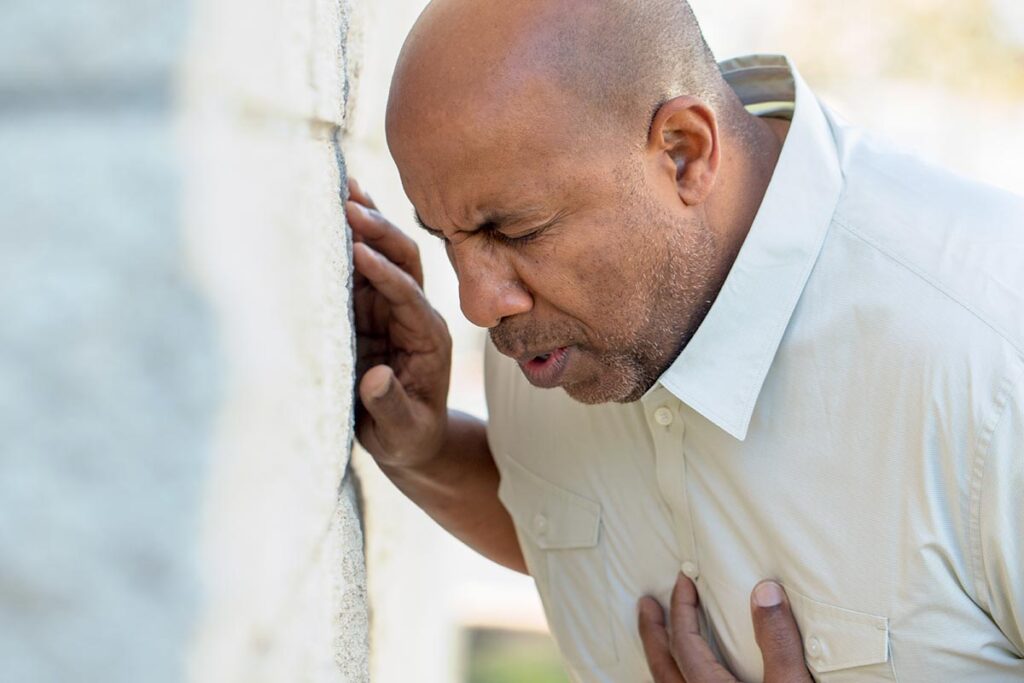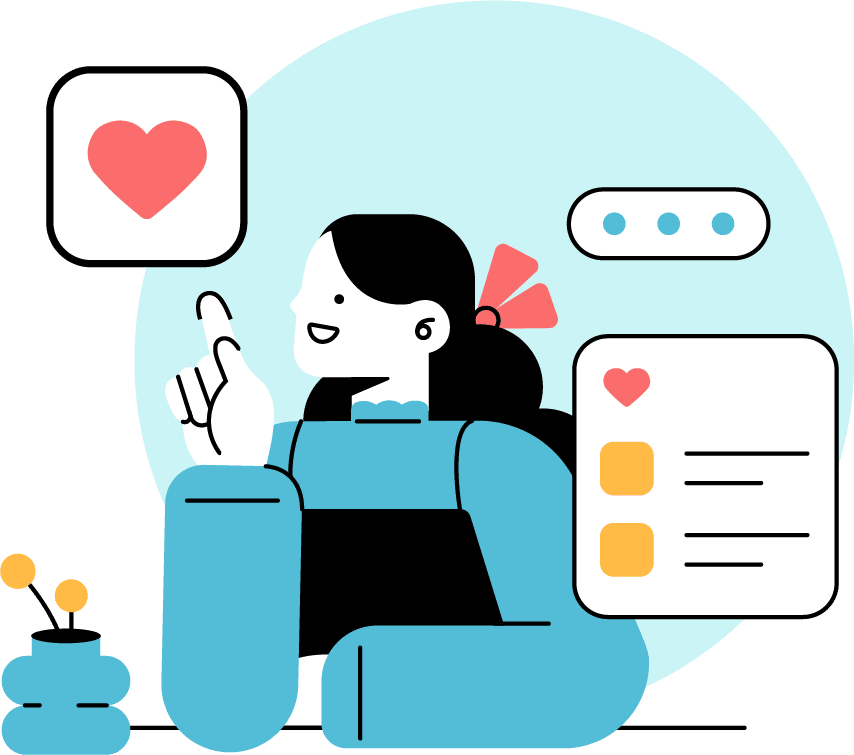Why is it that many anxiety symptoms are often perceived as typical, but undergoing anxiety treatment programs is not? Anxiety is the brain’s normal reaction to danger and is related to the body’s automatic fight-or-flight response that’s triggered when under threat or pressure. In moderation, anxiety isn’t necessarily negative. Being anxious can help to motivate you to solve problems, spur you to action, and stay alert and focused. But when anxiety is constant or overwhelming — when fears and worries interfere with your daily life — you’ve likely crossed the line from having normal anxiety into having an anxiety disorder.
Since anxiety disorders are a group of related conditions, symptoms may vary from person to person. Someone may struggle with intense anxiety attacks that strike without warning, while others get panicky at the thought of mingling at a party. Someone else may struggle with a disabling fear of driving or uncontrollable and intrusive thoughts. But despite their different forms, all anxiety disorders illicit an intense fear or worry out of proportion to the current situation. Are you searching for anxiety treatment programs in California? Reach out to Clear Behavioral Health Virtual Program today. You can call 866.680.0969 or contact our team online.
What Are the Signs of an Anxiety Attack?
Anxiety attacks, also called panic attacks, are episodes of intense fear or panic. These attacks typically occur suddenly and without warning. Sometimes there’s an obvious trigger — such as getting stuck in an elevator — but in other cases, the attacks come out of the blue.
Anxiety attacks typically peak within 10 minutes and rarely last over 30 minutes. But during that short time, you may experience terror so severe that you feel as if you’re out of control or about to die. The physical symptoms are so frightening that many people think they’re having a heart attack. Signs of an anxiety attack include the following:
- Chest pain or heart palpitations
- Choking sensation or trouble breathing
- Feeling detached or unreal
- Feeling like you’re going to pass out
- Feeling of losing control
- Hot flashes or chills
- Hyperventilation
- Intense and overwhelming panic
- Shaking or trembling
- Stomach cramps and nausea
How Does Professional Treatment Help in Managing Anxiety?
Anxiety disorders respond very well to therapy — and often in a relatively short amount of time. A specific anxiety treatment program’s components will be based on the client’s type of anxiety disorder and its severity. In general, most programs include behavioral psychotherapy, medication, or a combination that includes both.
Cognitive-behavioral therapy (CBT) and exposure therapy are types of behavioral therapy often used to treat anxiety disorders. They can help with treating issues such as generalized anxiety, panic attacks, and phobias. CBT helps clients identify and challenge the negative thinking patterns and irrational beliefs that fuel their anxiety symptoms. Exposure therapy encourages clients to confront fears and anxieties in a safe, controlled environment. Clients gain a greater sense of control through gradual exposure to the feared situation or object, either in imagination or in reality.
Professional treatment may include medication to relieve some symptoms. However, anxiety medications can be habit-forming and cause dangerous side effects. It’s essential to take these medications only under the guidance of experts.
When Should You Consider an Anxiety Treatment Program?
If you’re having trouble managing anxiety — if you’re starting to avoid certain triggers because you’re afraid of having an anxiety attack, especially in public — it may be time to consider getting professional help. It may surprise you to find out that panic attacks respond to treatment easily. In fact, many clients report being panic-free in less than ten treatment sessions.
While self-help coping strategies can be very effective, if your anxiety attacks have become so destructive that they’re causing extreme distress or disrupting your daily routine, you need to seek professional help and get assessed and possibly diagnosed with an anxiety disorder.
However, if you’re experiencing physical health issues along with anxiety attacks, you can start by getting a medical checkup. Your primary care physician can check to make sure that your anxiety isn’t caused by a medical condition — such as asthma, hypoglycemia, or a thyroid problem. Since certain drugs and supplements can cause anxiety, your doctor may also ask about any new prescriptions, over-the-counter medications, herbal remedies, and recreational drugs you’re taking. If your physician rules out a medical cause, the next step is to consult with a therapist who has experience treating anxiety disorders.
Ready To Learn More About Clear Recovery Virtual Program’s Anxiety Treatment Programs?
If you’re looking for anxiety treatment programs in California, contact Clear Behavioral Health Virtual Program today. You can call 866.680.0969 or reach out to our team online.





